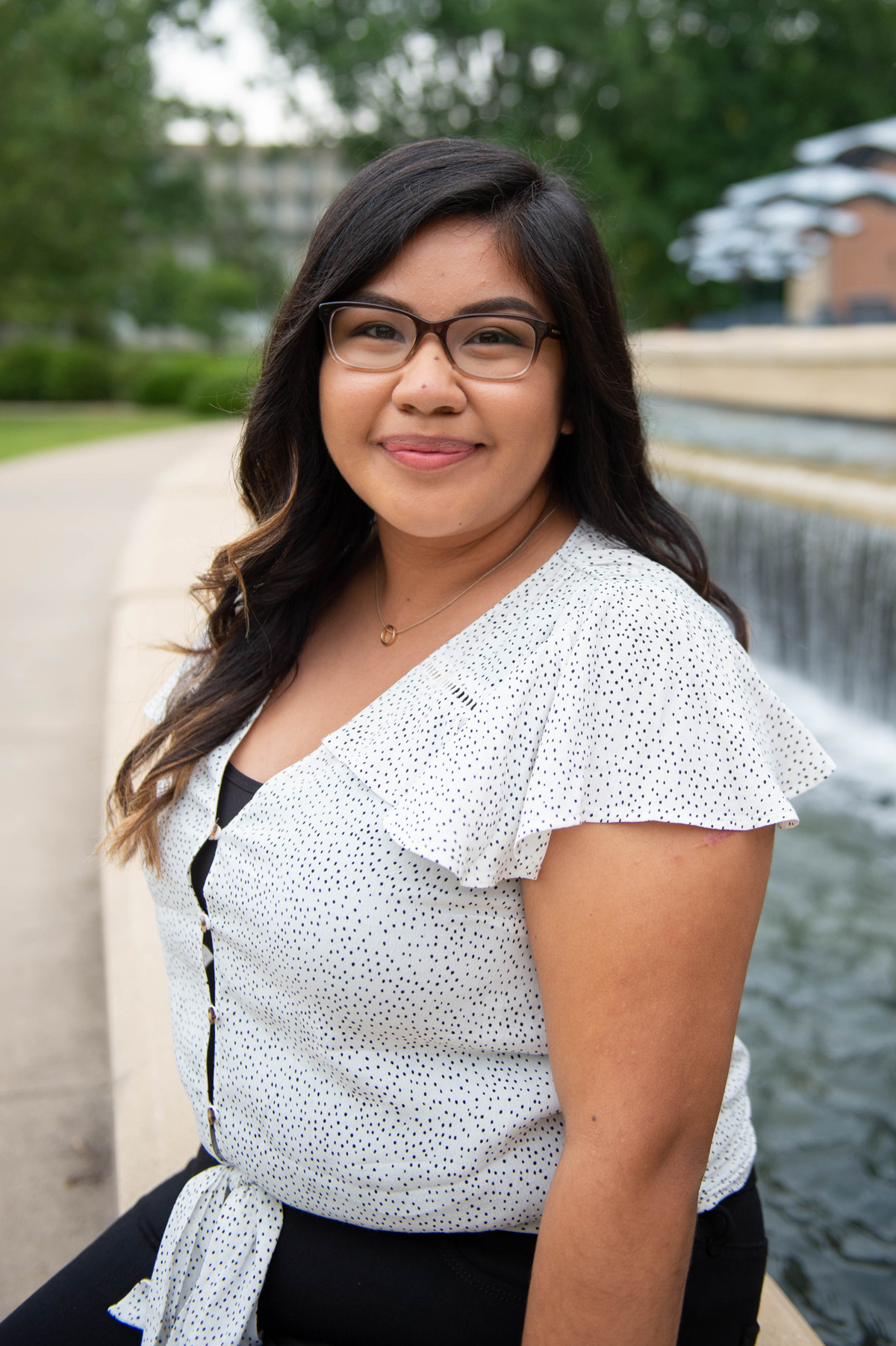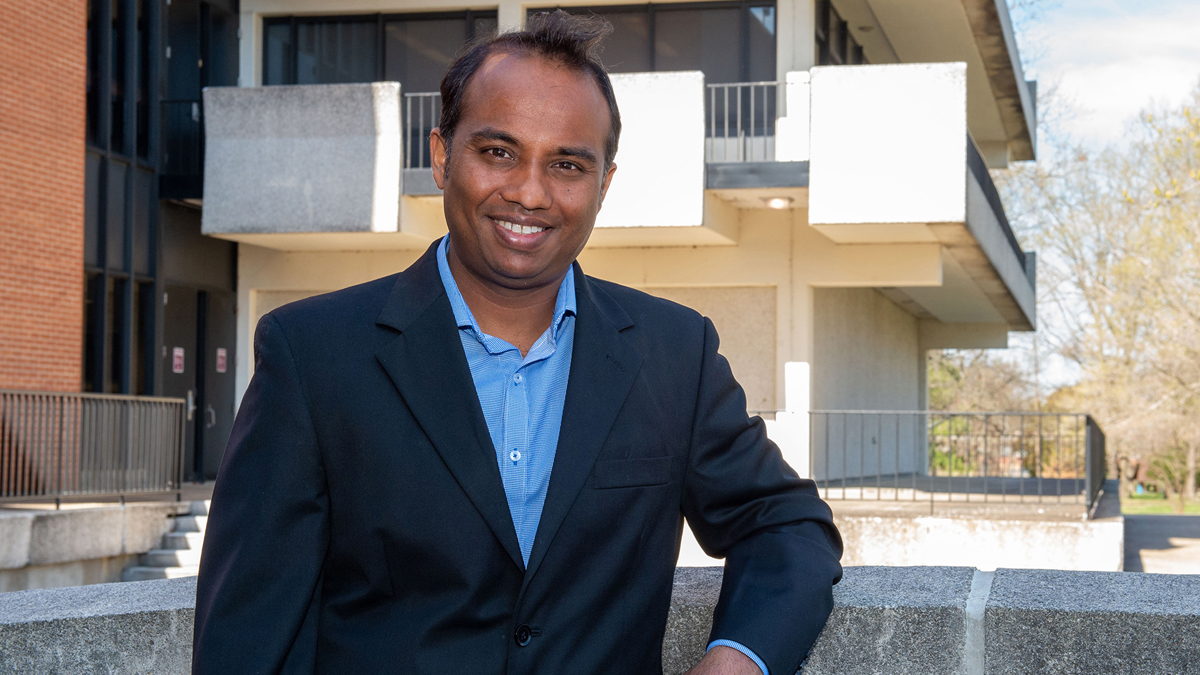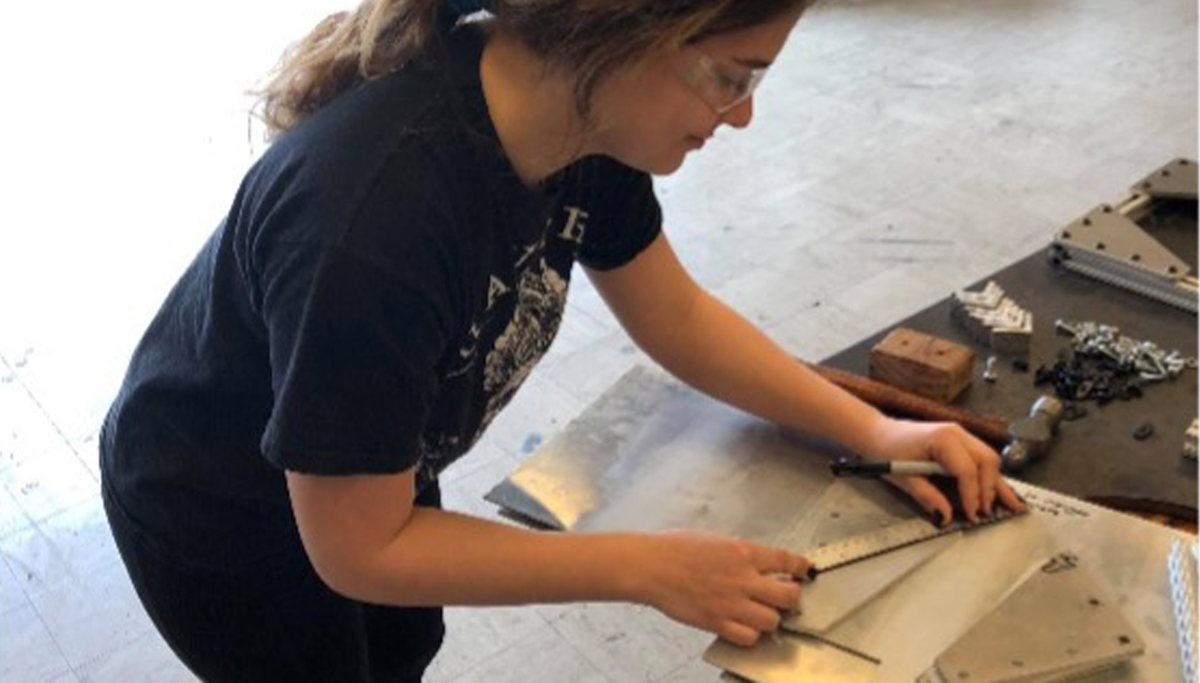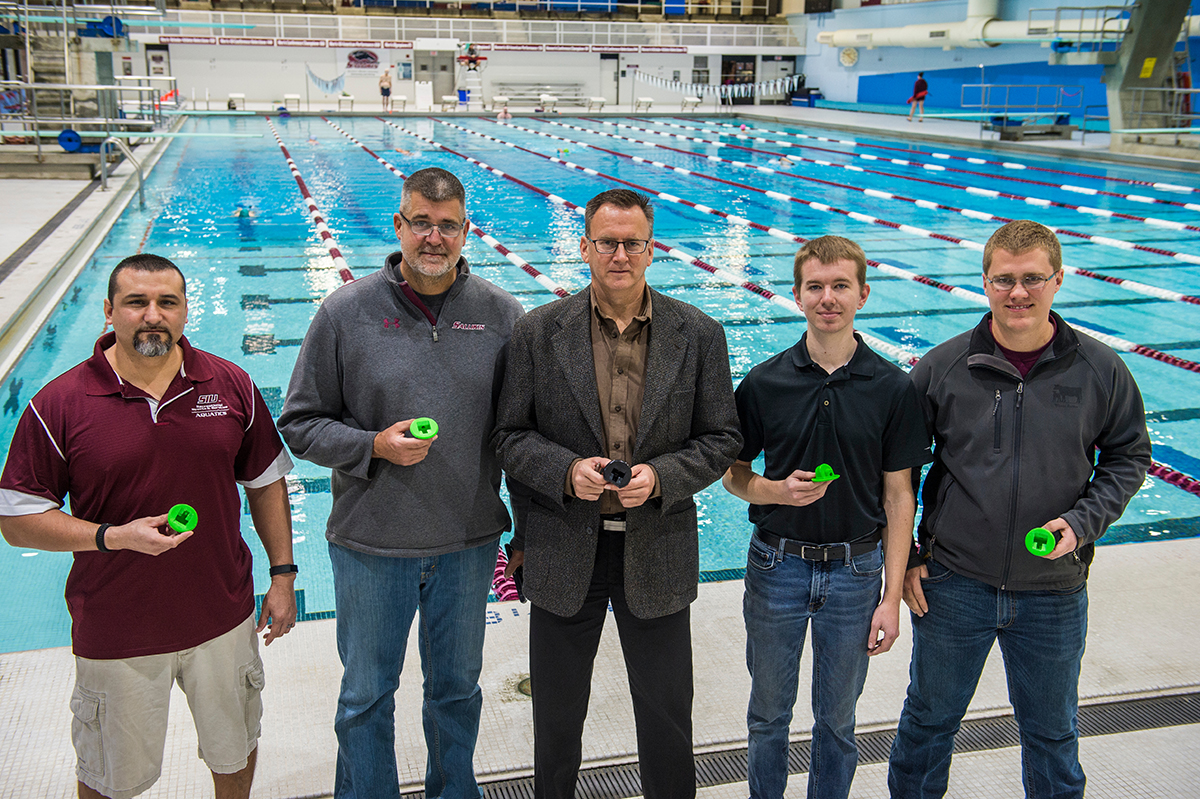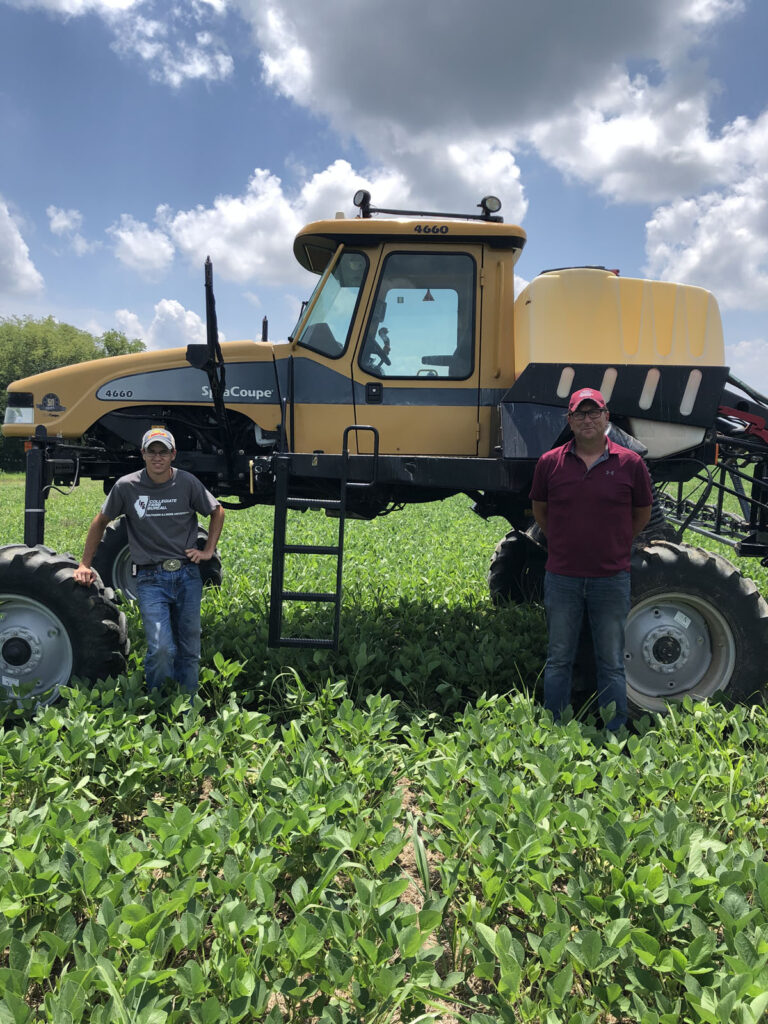
It doesn’t take an agricultural sciences student at Southern Illinois University Carbondale to know that farm animals can’t do Zoom meetings.
Thanks to a small group of SIU students, real-world work experience meant numerous buildings and programs were maintained despite the campus — like most around the country — being virtually shut down last spring due to the COVID-19 pandemic.
“These students took absolute ownership of situations,” said farm director Chris Vick. “You have to remember, these are students. They’re here to learn and be mentored. But here they really had to step up and be adults real fast. They had to take ownership and be responsible. Without them we’d have been in a lot of trouble.”
The SIU farms maintain more than two dozen horses, about 80 head of cattle and roughly 600 acres of crop ground along with a swine herd.
The outdoor classrooms are responsible for yielding a multitude of daily lesson plans and research material. Vick estimates $500,000 in grant money was on the line, too, across the five months between March and August and into the 2020-21 school year.
“We wouldn’t be successful, or in such a good position to start the new school year, if not for the character and quality of these students,” Vick said.
Student learning
This past spring, SIU Farms had seven horses set to foal.
“They were bred specifically for a research project I was conducting,” said Cierra Crowell, a senior in animal science from Lincoln, Illinois. “I felt very responsible for their health.”
All but one of the horses was giving birth for the first time, which meant numerous video conferences among faculty and students overseeing them.
“Generally, we have nearly 20 people rotating foal watch shifts to ensure someone is always there,” said Crowell, who stayed on campus in her apartment. “After COVID, all of the students were unable to return. This meant that Erin Perry, Jesse Fenton, and Samantha Wuest (agriculture faculty and staff) were conducting foal watch from home. I was on call for nearly 3 months as the foals were being born. They are completely dependent on our help.”
Jon Yaklich a junior in agricultural systems and education from Princeton, Illinois, was planning to stay home when classes converted to remote learning in March. Yet like many students across the country, Yaklich wondered how much work he’d get done for any of his classes by doing so.
So Yaklich opted to return to campus, bracing himself for long, hot days around time spent online doing what became “more traditional” virtual classes.
Wuest, a senior agricultural research technician, was praised by Vick and Susan Graham, assistant to the dean, as the equine manager took on extra duties — much of it while also preparing for the birth of her second child.
“The only thing we didn’t have her do was spring planting,” Graham said.
Crowell said the choice to stay on campus was easy. She still had her apartment, and she figured that there would inevitably be lessons that would help her down the road. Perhaps there would even be an epiphany about what to focus on for a career.
“Well, I learned some things I don’t want to do,” Crowell said. “But really, it was cool to get to know people better. You had to be versatile here and work together. I’m glad I stayed. I had a place to stay and I was needed.”
Students who may have known about cattle gained insight into corn. And vice versa. Several, like Yaklich learned how to operate tractors and other farm implements and equipment.
“They obtained a lot of hands-on experience,” Vick said. “And isn’t that what college is all about?”
Safety first
Vick noted that students were guaranteed their respective planned employee hours and internship credit, regardless if they returned to class. SIU’s administration made that commitment to its student workers across the board.
But ultimately Vick — who accepted the job as farm director in April — needed help.
Several students reached out independently.
Vick held safety meetings about attending to all details related to wearing masks and social distancing, which was often easy to do in the wide-open acreage.
Vick — who balanced long weeks around running his own family farm — said there were days when “I’d get sick feelings in my stomach. It’s been a lot of pressure for everyone.”
He came to SIU as an undergraduate, working at the farm that he now oversees. He completed his undergraduate program in 1998 and earned a master’s degree in 2001. He stayed with the university to assist plant pathology research faculty.
“COVID changed everything we knew,” Vick said. “Even gathering to share a meal requires a lot of extra thought and planning. But I’ll tell you, these students generally didn’t even know each other before all of this started. And now, they’re like a family.”
